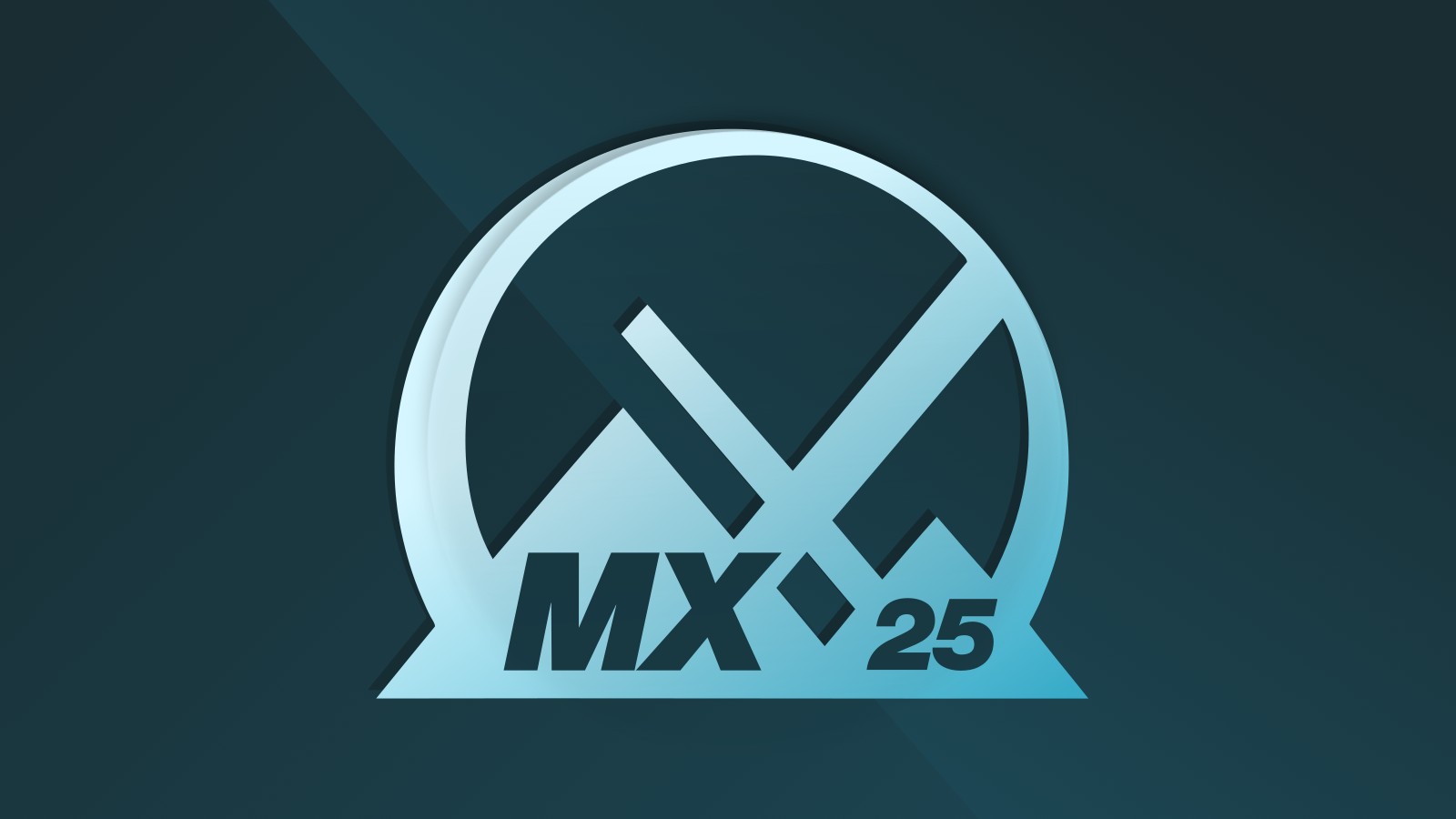The MX Linux team has officially released MX Linux 25 “Infinity”, the next major version of the popular Debian-based distribution, now built on Debian 13 “Trixie”.
The new version ships in several editions—Xfce, KDE Plasma, and Fluxbox—each updated to their latest stable versions. The release includes Xfce 4.20, Plasma 6.3.6, and Fluxbox 1.3.7.
Most ISO images come with the Linux kernel 6.12 LTS from Debian’s stable repositories, while the AHS (Advanced Hardware Support) variants feature the 6.16 Liquorix kernel for better performance on newer hardware.
The major change is that all releases now include systemd by default, although SysVinit variants of the Xfce and Fluxbox editions are still available for users who prefer the traditional init system. According to developers, this will improve compatibility and simplify future maintenance.
I did a fresh install of MX Linux 23 on Saturday. AMA.
Why?
Because I didn’t know they were releasing an update the next day.
Never use mx before, does it support in place upgrade?
Damn! If I can get the time and figure out how to properly backup everything on my laptop, I would absolutely wanna upgrade… after running it in a VM to see if there are any changes I’d need to concern myself with.
Oh I might try this once I get back home player December. I’ve been looking for something other than Kubuntu which I currently run, and this might be it.
Mx is simply great. its the best “just works” distro I have seen.
systemd
Looks like it’s already time to move away from MX Linux. That sucks. Whole Linux ecosystem back to getting worse instead of better?
What’s wrong with systemd?
It’s too good and people keep using it as a framework for their own tools and that’s bad for some reason
I mean to be perfectly fair, building hard dependencies on a particular init system does mean it gets way harder for anyone to use other ones, and that does suck
It’s understandable that people would be frustrated by that. I’ve never had any issues with sysd but when I was using void I really liked runit, and with gnome increasing dependencies on systemd I’m worried I won’t be able to use void anymore as a gnome user :(
Only reason I’m not using void currently is cause I’m not quite technically knowledgeable enough yet to set up and maintain a minimal distro.
The Unix principal is a thing people care about for a reason, it’s a pretty core part of how this ecosystem was built up with so much user choice, and while there are some silly complaints about systemd, I do feel like I’ve seen some very reasonable ones. Particularly just that its a huge, very complicated implementation
It’s absolutely not. It tends to be bundled that way, but systemd does one thing. It does that one thing very well. There are many components that tie into it.
If you believe that defies the UNIX philosophy, then you must also believe that the kernel includes every aspect of a graphical desktop environment, just because the latter depends on the former.Thats fair, I’m not the most knowledgeable on this subject.
I do think its understandable to be frustrated with decreasing user choice around init systems though. To me it feels frustrating how often the conversation around systemd seems to break down into:
systemd is Satan incarnate, and poison to linux
And
Actually anyone who doesn’t like systemd is braindead and just doesn’t like it cause it’s popular
I don’t think peoples frustration or unhappiness with the way its impacting the linux ecosystem is entirely unreasonable. I do think the zealotry and lack of nuance with which people voice their frustrations is often tiring an unhelpful though. That being said, if I understand correctly other init systems are still available for MX, so In don’t think its really that big of a deal in this case? Not sure. Original commenter doesn’t seem to think that helps the situation, but like I said, I’m not super knowledgable on this subject 🤷🏻♂️
A non-technical person’s best attempt at a useful answer, please forgive and correct me if I get things wrong:
Systemd has become the defacto standard on linux, and was, to my understanding, kinda the first init system to do all its jobs consistently well enough. Though the way distros first implemented it sucked, or something along those lines.
Many people were frustrated by those early issues, and my impression is that its not exactly an elegant piece of software, instead managing to function well through more of just brute force and by being huge and complicated.
People in the linux world really care about the Unix principal, or Unix philosophy (each piece of software should do one thing, and do it well), which is what has enabled linux to be essentially modular, and facilitates tons of user choice, but also fragmentation
Systemd seems to kind of do too many things to really adhere to that principal, and with projects building dependency on it, some folks feel its bad for the linux ecosystem for one massive piece of software that does so much to get tied into every project so that other init systems aren’t usable anymore. It means that if systemd isn’t the best solution anymore, it doesn’t matter, better solutions may not get use anyway without building tons of workarounds for systemd dependencies.
Other folks are frustrated by the frequently overzealous hatred of systemd, and feel what it does to unify linux is more valuable than it’s potential abstract risk to the linux ecosystem, or very complex implementation and maximalist approach.
To add a little: systemd is just a service manager. It manages services.
You can plug systemd-journald into it and now it does logging too. Or you can use rsyslog, or both together, or something else entirely.
You can treat your network connections like services (technically units) with systemd-networkd. Or you can use NetworkManager. Or both, or neither, etc.
You can treat mount points as units because somebody said “let’s define mounts in a new kind of unit file and have systemd initiate them as a service” or you could continue using fstab.
You could use systemd-resolved but you don’t have to. You could use systemd-udevd (you probably already do because most distros run it by default, though it still pulls from /etc/udev) but you don’t have to.
These are all optional extensions.It turns out it’s really handy to have a robust service management backbone because you can plug any number of things into it, as long as you reimagine those things as services (again, technically units).
So what’s the controversy?
As far as I can tell, it boils down to “they shouldn’t have made systemd-networkd only be able to talk to systemd, they should have made it work with every possible init system”.
Which is understandable, but not really defensible.
@iloveDigit @cm0002 you can decide the systemd free version.
Then I get half of a not-top-2 distro. And even the “giants” (Ubuntu / Fedora) are too small to develop full stability for their half-distros. Bad situation









